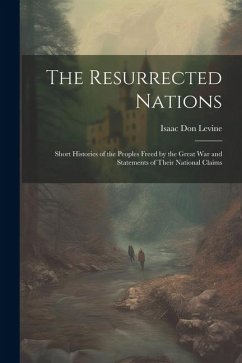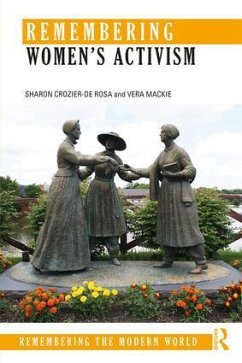
Writing National Histories
Western Europe Since 1800
Herausgeber: Berger, Stefan; Passmore, Kevin; Donovan, Mark
Versandkostenfrei!
Versandfertig in 1-2 Wochen
55,99 €
inkl. MwSt.
Weitere Ausgaben:

PAYBACK Punkte
28 °P sammeln!
This book examines comparatively how the writing of history has been used to 'legitimate' the nation-state against socialist, communist and catholic internationalism in the modern era.














